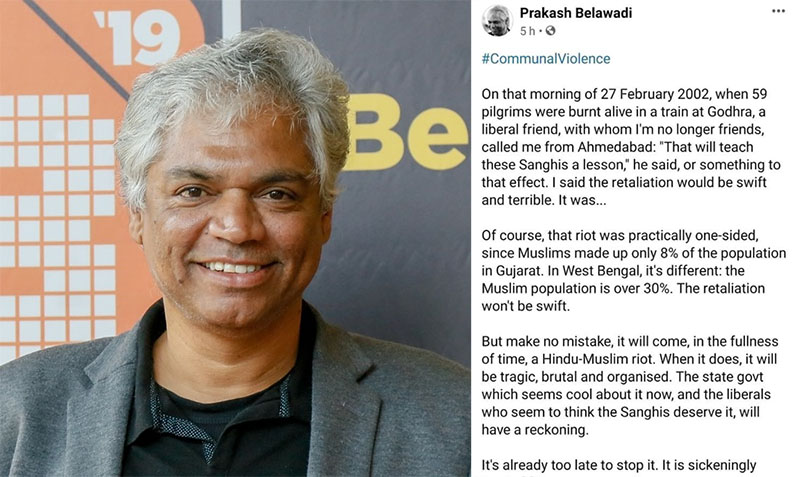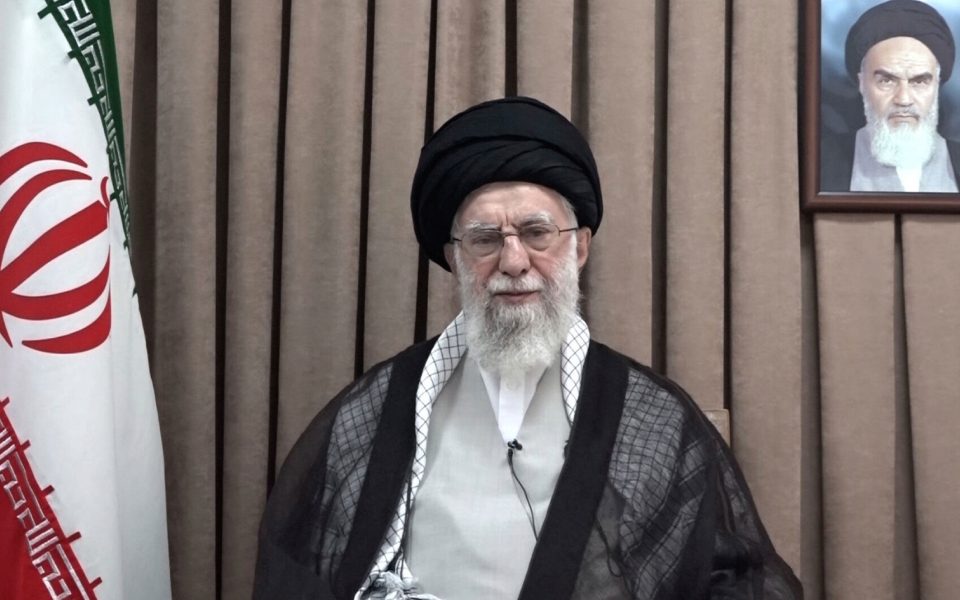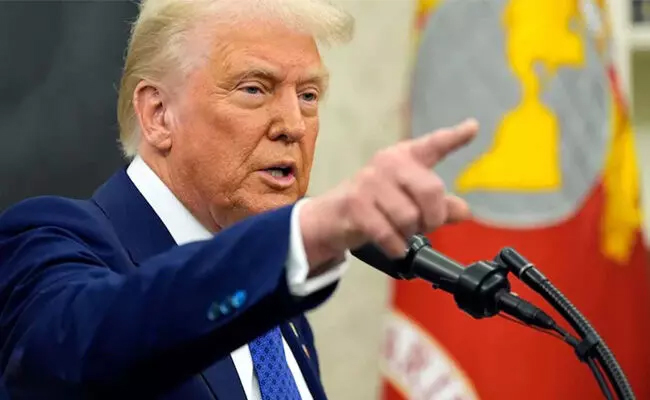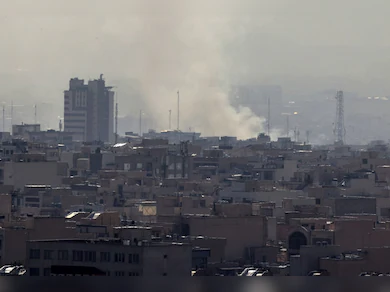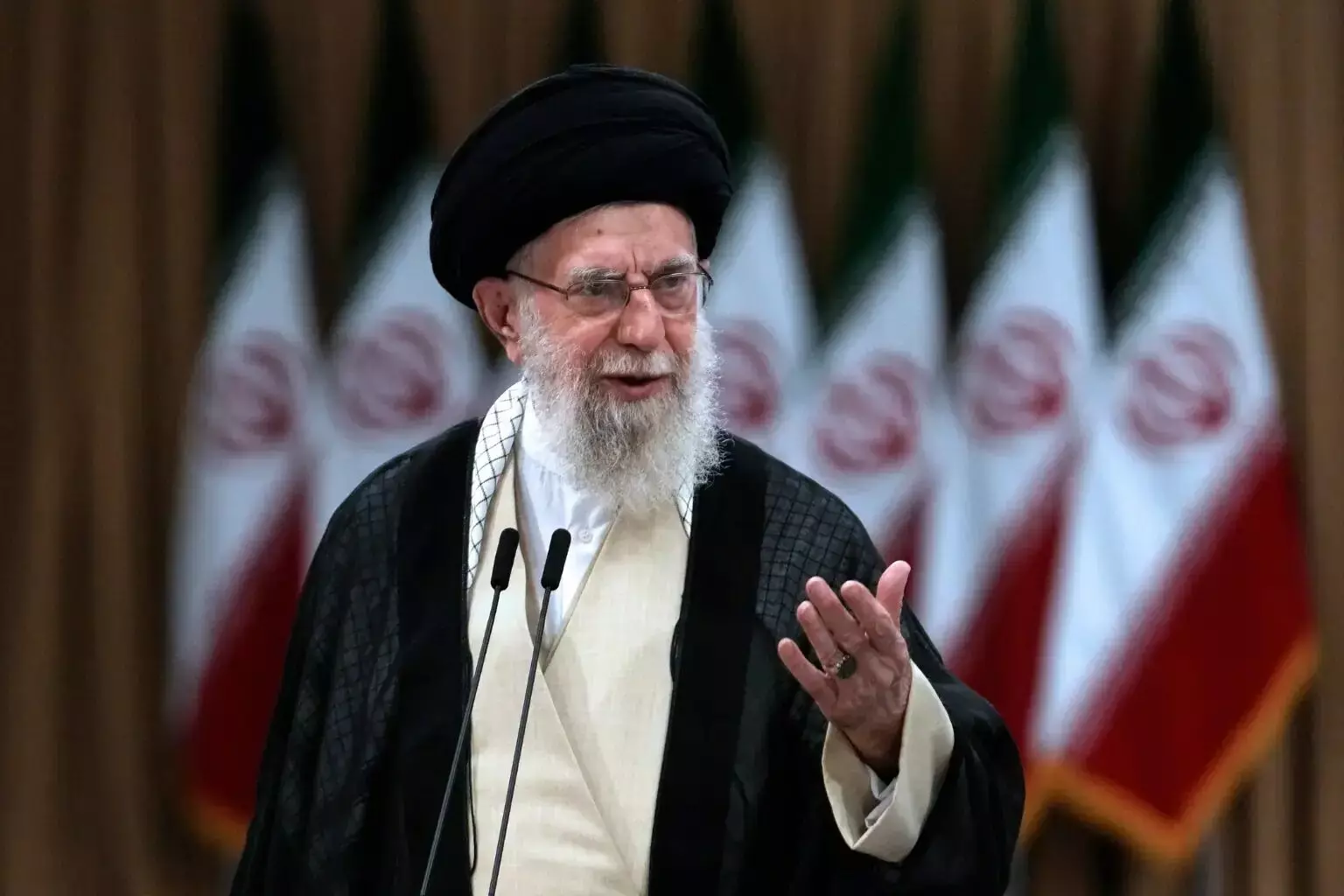Bengaluru: Renowned actor Prakash Belawadi on Tuesday courted controversy after he said in a Facebook post that a large-scale Hindu-Muslim riot worse than the Gujarat riots of 2002 was inevitable in West Bengal. He also added that it was already too late to stop it from happening.
In the post, Prakash recalled an incident from 2002 when the Gujarat riots took place and added “On that morning of 27 February, when 59 pilgrims were burnt alive in a train at Godhra, a liberal friend, with whom I am no longer friends, called me from Ahmedabad: That will teach these Sanghis a lesson, he said or something to that effect. I said the retaliation would be swift and terrible. It was…”
Stating that the Gujarat riots were practically one-sided given Muslims made up only 8% of Gujarat’s population, he said it will be different in West Bengal as its 30% population is Muslim. He went on to add that it will not be a factor to stop the riot from happening and that it will come “in the fullness of time”.
“Of course, that riot was practically one-sided since Muslims made up only 8% of the population in Gujarat. In West Bengal, it’s different: the Muslim population is over 30%. The retaliation won’t be swift. But make no mistake, it will come in the fullness of time, a Hindu-Muslim riot. When it does, it will be tragic, brutal, and organized. The state govt which seems cool about it now, and the liberals who seem to think the Sanghis deserve it, will have a reckoning” he said while adding “It’s already too late to stop it. It is sickeningly inevitable”.
The post anguished users who were quick to object to it prompting Prakash to delete the post. “Now that the argument is going ad hominem, I’m going off FB for a few months. Bye,” he wrote before deleting the post.
When Vartha Bharati contacted Prakash on the matter, the actor disconnected the calls saying he will not comment on the issue.
Let the Truth be known. If you read VB and like VB, please be a VB Supporter and Help us deliver the Truth to one and all.
Tehran: Iran’s semi-official Fars news agency is reporting that several close family members of Supreme Leader Ayatollah Ali Khamenei have been killed in the recent joint US-Israeli strikes on Iran.
According to Fars, the supreme leader’s daughter, son-in-law and grandson were killed in the attacks. The agency, which is aligned with the Islamic Revolutionary Guard Corps (IRGC), cited sources close to Tehran’s leadership for the information.
This report follows wide-ranging claims and counter-claims about the impact of the strikes on Iran’s top leadership. Israeli and US officials have suggested that Khamenei himself was killed, though Tehran has repeatedly denied those claims and described them as psychological warfare.
There has been no official confirmation from Iranian authorities regarding the deaths of Khamenei’s family members, and independent verification of the reports is still lacking.

